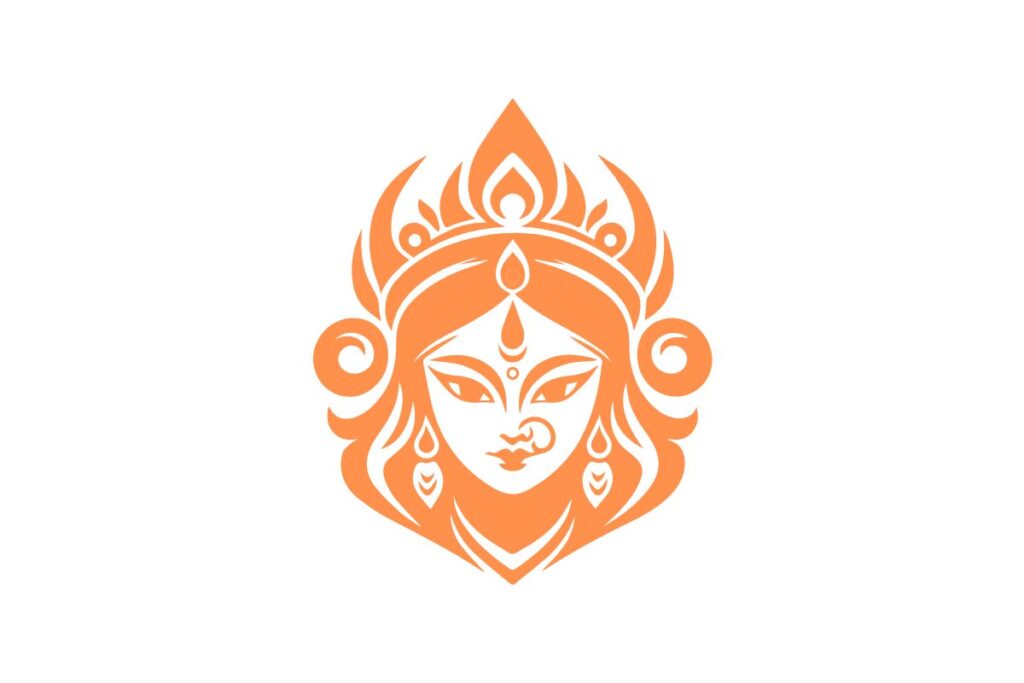Festivals Traditions Cultures in India – Land of Festivals
India is often referred to as the “Land of Festivals,” a testament to its rich cultural heritage, diverse traditions, and vibrant communities. With a plethora of festivals celebrated throughout the year, each holds unique significance and reflects the myriad beliefs and customs that coexist in this nation. From religious observances to harvest celebrations, festivals in India provide an opportunity for people to come together, express joy, and strengthen social bonds. Here’s a closer look at some of the most prominent festivals celebrated across the country.

Navratri and Durga Puja: Celebrating the Divine Feminine
Navratri, a nine-night festival dedicated to the worship of Goddess Durga, is celebrated with immense fervor across India, particularly in Gujarat and West Bengal. The festival usually falls in September or October and involves fasting, dance, and various cultural performances.
In Gujarat, the festival is characterized by Garba and Dandiya dances, while in West Bengal, Durga Puja is a grand celebration with elaborate idols of Goddess Durga, artistic pandals, and cultural performances. The culmination of Navratri, known as Dussehra, signifies the victory of Goddess Durga over the buffalo demon Mahishasura, symbolizing the triumph of good over evil.
Diwali: The Festival of Lights
One of the most widely celebrated festivals in India, Diwali, also known as Deepavali, signifies the victory of light over darkness and good over evil. This five-day festival usually occurs in October or November, with the third day, known as Lakshmi Puja, being the most significant. People decorate their homes with oil lamps (diyas) and colorful rangoli, burst fireworks, and exchange sweets and gifts.
The festival is associated with various legends, including the return of Lord Rama to Ayodhya after defeating the demon king Ravana and the worship of Goddess Lakshmi, the deity of wealth and prosperity. Families come together to perform pujas, share festive meals, and celebrate the spirit of togetherness.
Christmas: A Time for Joy and Giving
Celebrated on December 25, Christmas commemorates the birth of Jesus Christ. In India, the festival is marked by festive decorations, midnight masses, and the singing of carols. Churches are beautifully adorned with lights, and homes are decorated with Christmas trees and nativity scenes.
Families come together to share a special meal, often including traditional dishes like cakes, cookies, and biryani. The spirit of giving is paramount during this festival, as people exchange gifts and extend kindness to those in need.
Pongal and Makar Sankranti: Harvest Festivals
Pongal in Tamil Nadu and Makar Sankranti in various parts of India are harvest festivals that celebrate the abundance of the earth. Pongal, celebrated in January, lasts for four days and involves cooking the traditional dish, Pongal, made from freshly harvested rice, jaggery, and milk.
Makar Sankranti, also in January, marks the transition of the sun into the zodiac sign of Capricorn. It is celebrated with kite flying, bonfires, and community feasts. These festivals emphasize gratitude for the bountiful harvest and showcase regional traditions and agricultural practices.
Holi: The Festival of Colors
Holi, celebrated in March, marks the arrival of spring and the triumph of good over evil. Known as the Festival of Colors, Holi is a joyful occasion where people throw colored powders (gulal) at each other, dance to lively music, and indulge in delicious sweets like gujiya.
The festival is steeped in mythological significance, most notably the legend of Prahlad and Holika, symbolizing the victory of devotion and righteousness. Holi transcends social barriers, bringing people of all ages and backgrounds together to celebrate in a spirit of joy and camaraderie.
Eid: A Celebration of Faith
Eid, celebrated by Muslims across the country, consists of two major occasions: Eid al-Fitr, marking the end of Ramadan, and Eid al-Adha, which commemorates the willingness of Ibrahim (Abraham) to sacrifice his son in obedience to God.
Eid al-Fitr involves communal prayers, festive meals, and the giving of zakat (charity) to the less fortunate. Families dress in their finest clothes, share delicious dishes, and greet each other with warmth and affection. Eid al-Adha involves the ritual sacrifice of animals, with the meat distributed among family, friends, and the needy, emphasizing community and generosity.
Raksha Bandhan: Celebrating Sibling Bonds
Raksha Bandhan is a cherished festival celebrating the bond between brothers and sisters. It typically takes place in August and involves sisters tying a protective thread (rakhi) around their brothers’ wrists, symbolizing love and protection. In return, brothers offer gifts and promise to safeguard their sisters.
Onam: The Harvest Festival of Kerala
Onam, celebrated in Kerala, is a ten-day harvest festival that usually falls in August or September. The festival honors King Mahabali and the rich agricultural heritage of the state. Onam is marked by the grand feast known as Onam Sadya, featuring an array of traditional vegetarian dishes served on banana leaves.
Festivities include the famous Onam boat races, cultural performances, and the decoration of homes with intricate flower arrangements called Pookalam. The vibrant celebrations reflect the unity and diversity of Kerala’s culture and traditions.
The festival reinforces family ties and the importance of sibling relationships, transcending cultural and regional differences.
Festivals in India are not just events; they are a reflection of the country’s rich tapestry of traditions, beliefs, and cultural values. Each festival brings with it a unique flavor, story, and significance, encouraging unity, joy, and celebration. They provide an opportunity for individuals to connect with their roots, honor their traditions, and forge stronger bonds within their communities. Whether through vibrant colors, delicious feasts, or acts of devotion, these festivals encapsulate the spirit of India—a spirit that celebrates life, diversity, and togetherness.




